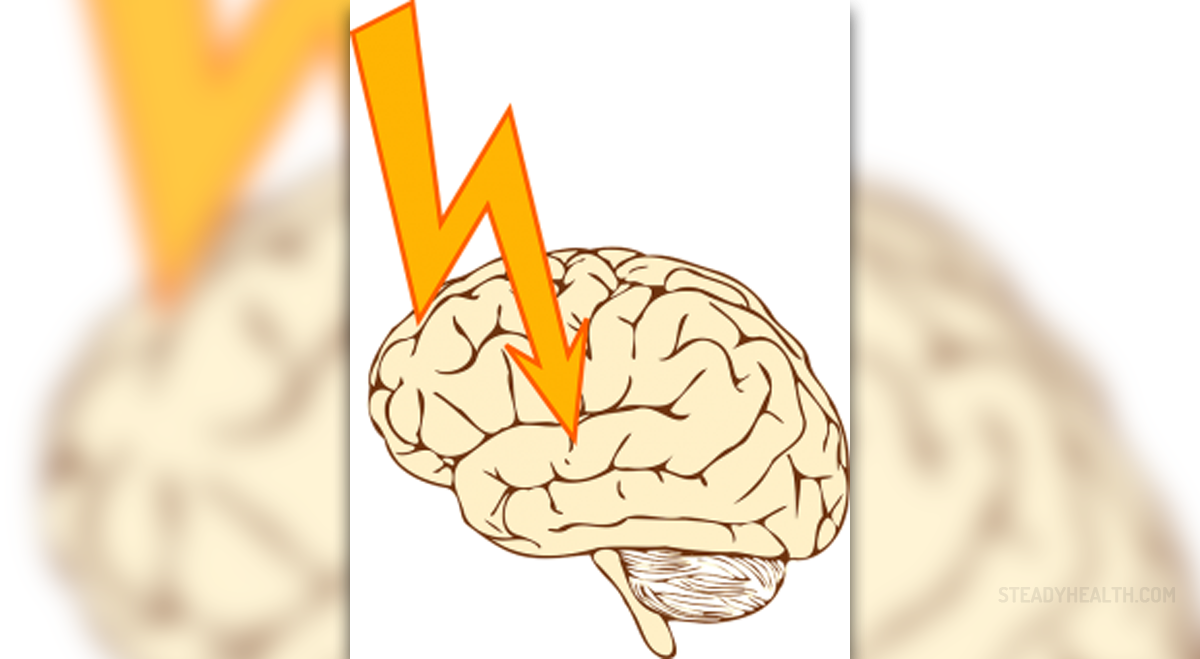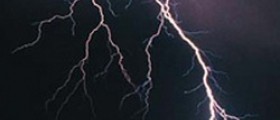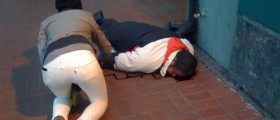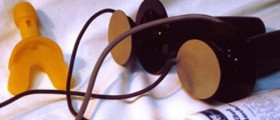
Seizures develop as a result of an abnormal electrical activity of the brain. They represent signs of a brain problem. It is essential to know that not all seizures cause convulsions (rapid and uncontrollable shaking and twitching of the body caused by muscle contraction and relaxation). There are many types of seizures. Focal seizures, for example, affect only one part of the brain. They are also known as partial seizures. Generalized seizures, on the other hand, develop as a result of abnormal activity of many parts on both sides of the brain because electrical signals rapidly spread from one location to another.
Seizures go through several stages. In case the patient is aware on the beginning of the attack this can be considered as a warning aura. Still, not all the patients recognize and feel introduction symptoms of seizures. What follows is the actual phase that includes seizures and finally there is an ending of the attack when the person returns to the normal state. This is a so called postictal period. Postictal period is actually a recovery after the attack. It may last from seconds to minutes or even hours which generally depends on the part of the brain affected by seizures and several more factors. For instance, the level of awareness in people who have had a complex partial seizure or a convulsion gradually improves.
What Are Early Seizures Symptoms?
Early (warning) symptoms of seizures do not occur in all patients. They differ from patient to patient and can be classified into sensory, emotional and physical. Sensory introductory symptoms include déjà vu, jamais vu, smell, sound or taste changes, blurred vision or visual loss, racing thoughts, stomach feelings, tingling sensation etc. Emotional symptoms may include fear or panic. Some patients may experience pleasant feeling prior to the attack. And finally, physical symptoms which occur prior the very attack include dizziness, headache, nausea, numbness etc.
Symptoms and Signs during the Seizure
There is a variety of symptoms and signs of the seizures. Some of the sensory symptoms and signs include loss of consciousness, confusion, spacing out, blurred vision, changes in smell etc. Physical symptoms and signs of the attack include chewing movements, lip smacking, making sounds, convulsions, shaking, staring, difficulty talking, difficulty breathing, teeth clenching/grinding, tongue biting, eyelid flattering, eyes rolling up, falling down, foot stomping and hand waving etc. Furthermore, some patients may not be able to move and some are incontinent.
Postictal Symptoms and Signs
Immediately after seizures some patients have memory loss and may experience writing difficulties. Furthermore, they can be confused, frustrated, feel embarrassed etc. There may be bruising and other injuries. Most of them are tired, sleepy and weak. Headache, nausea, pain and urge to defecate or urinate are also several more characteristics of postictal phase of seizures.
- www.nhs.uk/conditions/epilepsy/
- www.who.int/news-room/fact-sheets/detail/epilepsy
- Photo courtesy of OpenClipart-Vectors by Pixabay: pixabay.com/en/epilepsy-seizure-stroke-apoplexia-156105/

















Your thoughts on this
Loading...